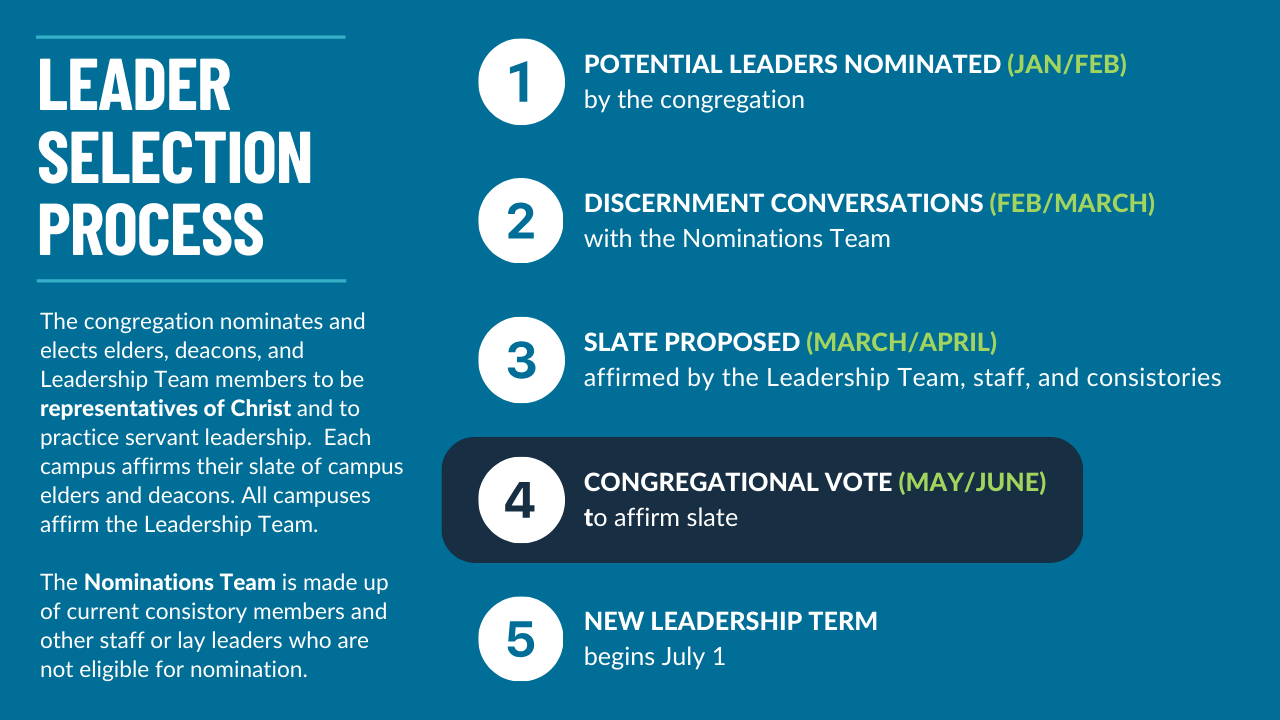Childhood Values Molded My Leadership – Trinity Varsity Pro-Chancellor, Olatunji

Early Life and Cultural Foundations
Samuel Olatunji, the Chairman and Pro-Chancellor of Trinity University, recently celebrated his 70th birthday. In an insightful conversation with AYOOLA OLASUPO, he shared his life experiences, career journey, and how curiosity led him to build a successful career in the education sector.
Olatunji was born in Osogbo, Osun State, though his roots trace back to Kwara State. His early years were spent in the same town for both kindergarten and primary school. At that time, primary school was the highest level of education available, which was quite remarkable given the economic conditions of the community. Despite poverty, the villagers built their church, kindergarten, and primary school, creating a strong foundation for learning.
The village culture emphasized hard work, responsibility, and commitment. Children would go to the farm after school and in the evenings, learning the value of labor from an early age. This environment fostered a sense of community where everyone worked together, shared meals from the same bowl, and learned to be agile and responsible.
Education and Personal Growth
Growing up, Olatunji experienced a unique system where enrollment into elementary school was based on a child's ability to touch the other ear from over the head. He recalls being a victim of this standard, as he had a smaller stature. However, this did not deter him from pursuing education. His father, a petty trader, often moved between different towns, exposing Olatunji to various parts of the South-West.
His mother passed away when he was very young, leaving him under the care of his grandmother, who played a significant role in his upbringing. The village culture, where uncles acted as parental figures, further shaped his character. Everyone contributed to the community, and there was a strong sense of collective responsibility.
Career Path and Influences
Olatunji’s interest in education was influenced by the local Anglican church, which emphasized the importance of learning. From a young age, he attended Sunday school and developed a passion for education. This eventually led him to pursue a degree in accounting before transitioning into banking and later into the education sector.
His decision to enter the education field was driven by a desire to make a difference. He believes that the principles of hard work, integrity, and community support are essential for success. These values were instilled in him during his childhood, where he learned to work alongside others and maintain a strong sense of accountability.
Lessons for the Next Generation
Reflecting on his career, Olatunji emphasizes the importance of character, values, and integrity. He believes that leaders must be accountable and committed to their roles, especially in sectors like finance and education. He also highlights the need for a practical curriculum that equips students with the skills to solve real-world problems.
Olatunji advises the next generation to embrace simplicity, save money, and develop a disciplined approach to financial management. He shares an example from a seminar where engineers were asked about their ability to survive with a 10% reduction in income. The lesson was clear: saving and investing are crucial for long-term stability.
Mentorship and Legacy
Mentorship has played a significant role in Olatunji’s life. He credits the word of God and his staff for shaping his leadership style. He believes that true mentors inspire and challenge others to grow. One memorable story involves a driver who never missed a day at work. Olatunji ensured that the driver always had a job, recognizing the value of loyalty and dedication.
Looking back on his life, Olatunji advises his younger self to understand the brevity of life and focus on what truly matters. He acknowledges that there are many things he still needs to accomplish, but he remains committed to his purpose and responsibilities.
In conclusion, Samuel Olatunji’s journey is a testament to the power of hard work, community, and faith. His insights offer valuable lessons for aspiring leaders and educators, emphasizing the importance of integrity, accountability, and a commitment to making a positive impact.

Comments
Post a Comment